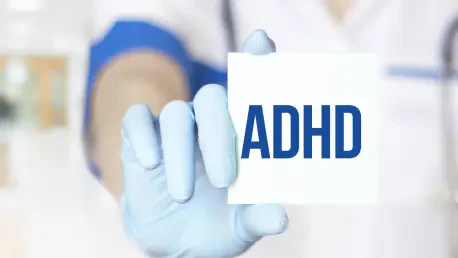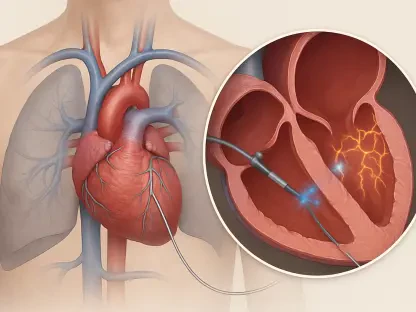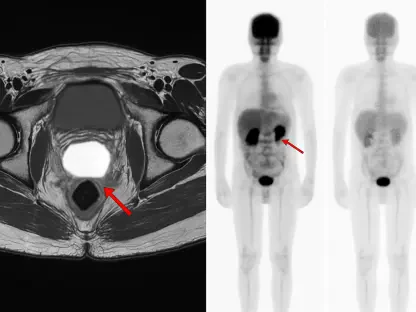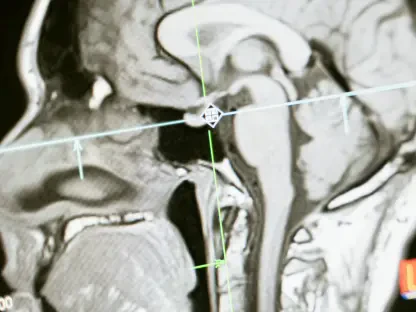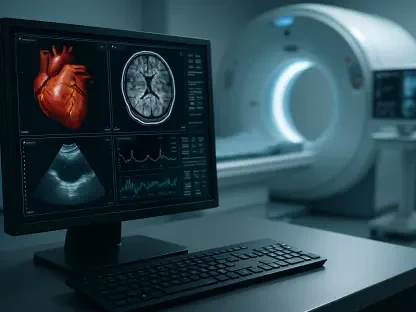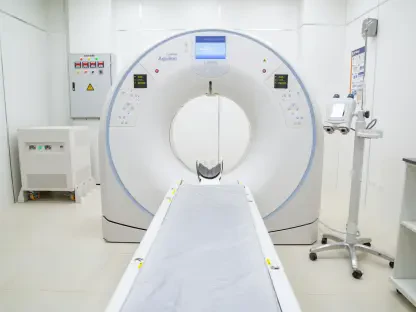In the evolving landscape of digital mental health, the role of artificial intelligence (AI) continues to expand, promising significant advancements in ADHD treatment through personalized care methods. Traditional Clinical Practice Guidelines (CPGs) have long served as the backbone of ADHD treatment protocols, offering clinicians structured guidance based on broad clinical evidence. However, these guidelines often face criticism due to their static nature and lack of adaptability to individual patient needs, resulting in limitations that may hinder optimal treatment outcomes. Recognizing these challenges, innovative solutions such as the TDApp—an AI-based Clinical Decision Support System (CDSS)—are emerging to offer more dynamic, individualized treatment options. This system utilizes the APPRAISE-RS model, an adaptation of the GRADE heuristic, to deliver personalized, up-to-the-minute recommendations for ADHD care, addressing the shortcomings of CPGs and paving the way for more patient-centric approaches.
AI-Powered ADHD Treatment: The TDApp Approach
The TDApp represents a significant stride in AI-driven healthcare, particularly in how it evaluates and recommends ADHD treatments. Unlike traditional CPGs, TDApp operates by analyzing a wide array of treatment options and considering numerous variables relevant to each patient’s unique circumstances. This advanced capability is demonstrated in findings from recent clinical trials where TDApp showed a higher diversity index, ranging from 0.70 to 0.88 compared to conventional guidelines. This index reflects its broader consideration of treatment modalities, including over ten drugs, some newly introduced to the market. Amphetamine derivatives, frequently recommended by TDApp, exemplify the inclusive range of choices it offers. Additionally, the system provides between eight to twelve distinct treatment suggestions, empowering clinicians and patients alike in a collaborative decision-making process. This distinction is crucial as it signifies TDApp’s deviation from traditional models, introducing a fresh, evidence-based perspective that enhances the therapeutic experience.
Clinical Trial Insights and Implications
Two pivotal clinical trials underscore TDApp’s transformative potential, focusing on ADHD patients needing either treatment initiation or significant changes in their existing regimen. These studies illuminate how TDApp excels beyond the static structures of CPGs by accommodating a broader spectrum of personalized treatment recommendations. A key finding from these trials is the variability in overlap between TDApp and CPGs regarding drug endorsements, which ranged from 21.9% to 100%. This variance indicates TDApp’s unique methodology, which often diverges from established norms to embrace innovative, patient-specific care strategies. By visualizing treatment options through dendrograms, the distinctiveness of TDApp’s approach is further highlighted, showcasing its capacity to stand apart from the clustered, conventional guidelines. This independent stance not only emphasizes TDApp’s novelty but also its potential to shift paradigms in ADHD treatment, leading to improved adherence and outcomes through patient empowerment and shared decision-making.
Transformative Potential and Future Impact
The TDApp marks a noteworthy advancement in AI-driven healthcare, transforming how ADHD treatments are assessed and recommended. Unlike traditional clinical practice guidelines (CPGs), TDApp takes an innovative approach by analyzing an extensive range of treatment possibilities, considering numerous patient-specific factors. Its capability has been validated by recent clinical trials, revealing a higher diversity index between 0.70 and 0.88 compared to standard guidelines. This indicates TDApp’s wide-ranging evaluation of over ten treatment options, including many new drugs on the market. Notably, the app often recommends amphetamine derivatives, highlighting its comprehensive selection. TDApp offers clinicians and patients eight to twelve distinct treatment recommendations, fostering a collaborative and informed decision-making process. This collaboration is key as it underscores TDApp’s departure from conventional models, bringing a fresh, evidence-based approach that enhances the therapeutic process, offering a more personalized and effective treatment pathway for ADHD patients.
